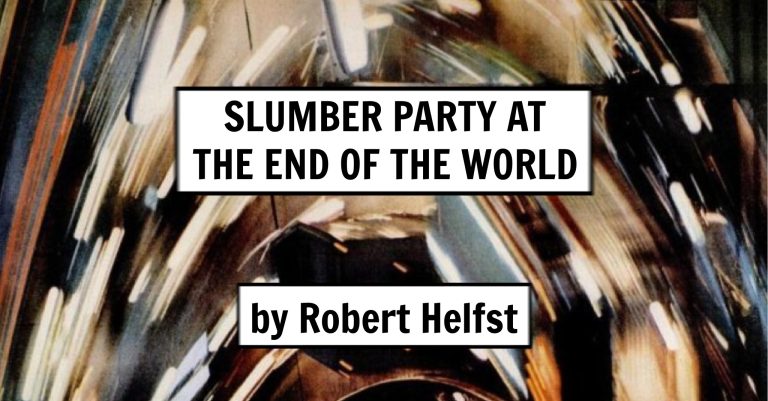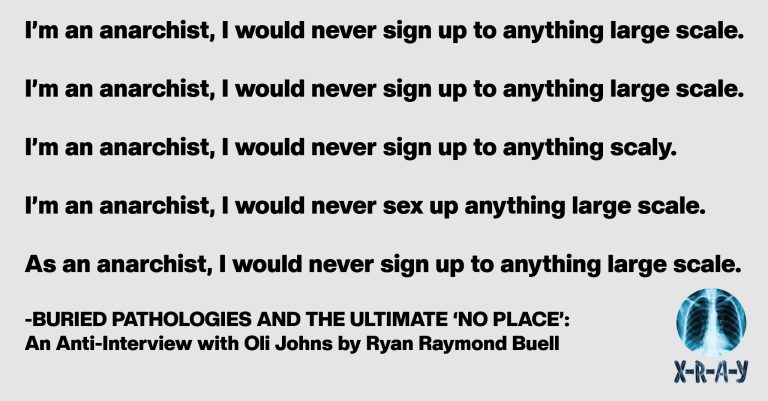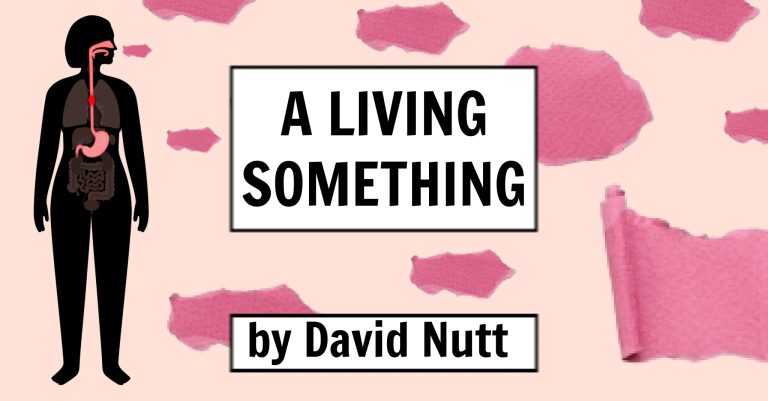
JITTERBUG JOHNNY by Grey Traynor
Jitterbug Johnny made it to the back of a dozen trucks and sports utility vehicles in the form of a sticker: “Jitterbug Johnny 1965-2023 – ‘Drive faster than an eagle takes flight!’” Jitterbug said the phrase any chance he could: before and after taking a shot, getting out of cold above-ground pools, even while receiving the toothiest blow job. However, it was a phrase that bothered some folks, sticking in their ear like a stubborn wad of wax. Did eagles take to flight faster than most other birds, they would wonder, shouldn’t this pithy encouragement have more to do with









